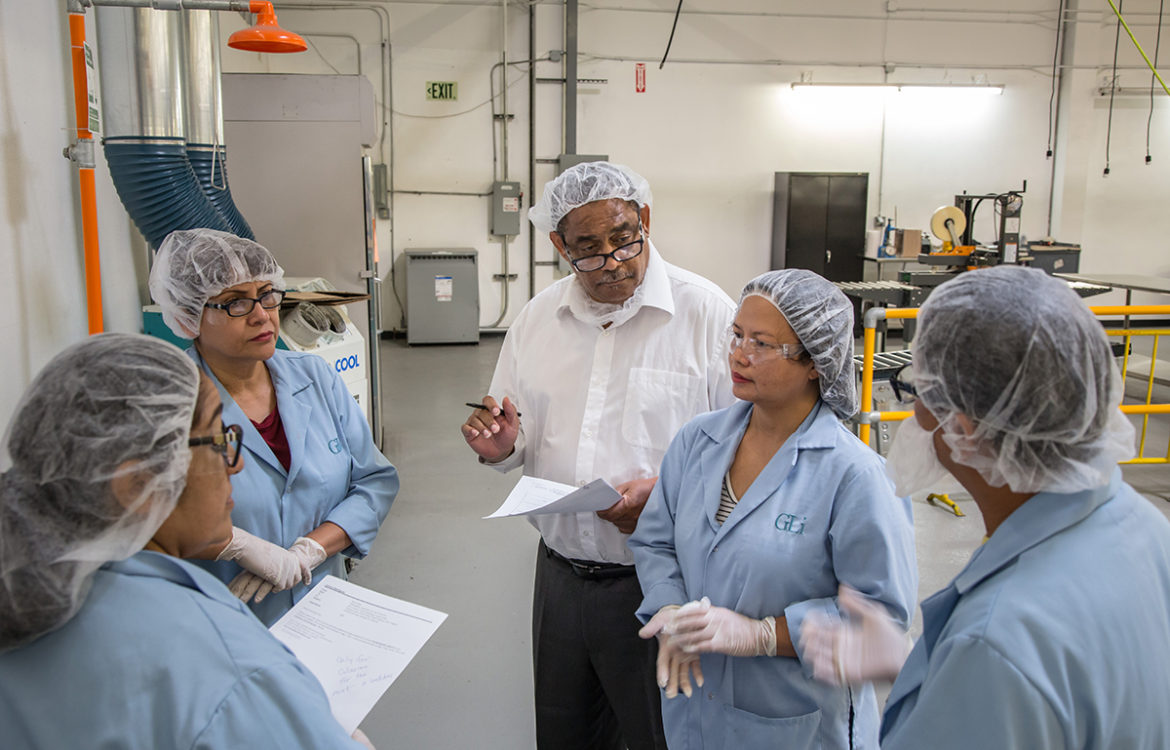We’re about to tell you what no one tells you about personal care product manufacturing. When you read this it will give you a real, competitive advantage in choosing the best partner for your personal care product manufacturing and it will save your business time, money, and reputation when getting your product to market.
You may already know that the cosmetics industry is a regulated industry. Some industry critics even call it “lightly regulated.” Many experts agree that the Food and Drug Administration (FDA) that regulates the industry is not funded at a level for tight or heavy regulation. That’s not necessarily a bad thing, but for your business it has real implications that you ignore at your own risk.
That’s where “what no one tells you” comes in.
No matter the purity or efficacy of your product, it is only as good and safe as your product’s manufacturer. While the GMPs or Good Manufacturing Practices are compiled by the government and agreed on by the industry, not every contract manufacturer follows them with the same level of care and integrity. And there is wide room for interpretation of all the practices, what may be good enough at one facility might cause serious problems out in the marketplace. There are several aspects of this that you must look at when choosing your partner.
Voluntary Reporting
Many key aspects of personal care product manufacturing are voluntary. The biggest one is that reporting of customer complaints to the FDA or the public or initiating recalls is voluntary. According to Time Health, complaints of side effects and bodily injury continue to rise for the industry. It’s your brand, wouldn’t you want a manufacturing partner with a solid record of compliance and high level of ethics in their product? As part of their compliance they should be keeping thorough documentation of complaints and the actions they took to remedy any problems.
Test, Then Test Some More
This is critical for personal care product manufacturing. Once you are satisfied that your formulation does what you intend and has no unwanted side effects, then you’re ready to manufacture your product. That’s where “test some more” comes in. Your manufacturing partner will need to be testing at every stage of the process even including testing product samples in storage and testing returns over time to ensure consistency and that product isn’t getting contaminated as part of manufacture. When you look at a potential partner, you want to know that they’re doing more than the minimum testing required. Again, the customer sees your brand on the label.
It’s a Big, Risky World
The global beauty and personal care products market was valued for 2017 at $443 billion by industry analysts Inkwood Research. That’s growing and highly competitive marketplace. Don’t handicap your business by getting off to a rough start or ruining your reputation needlessly. The right manufacturing partner will treat your brand as their own. Be informed and choose wisely. Now you know.


